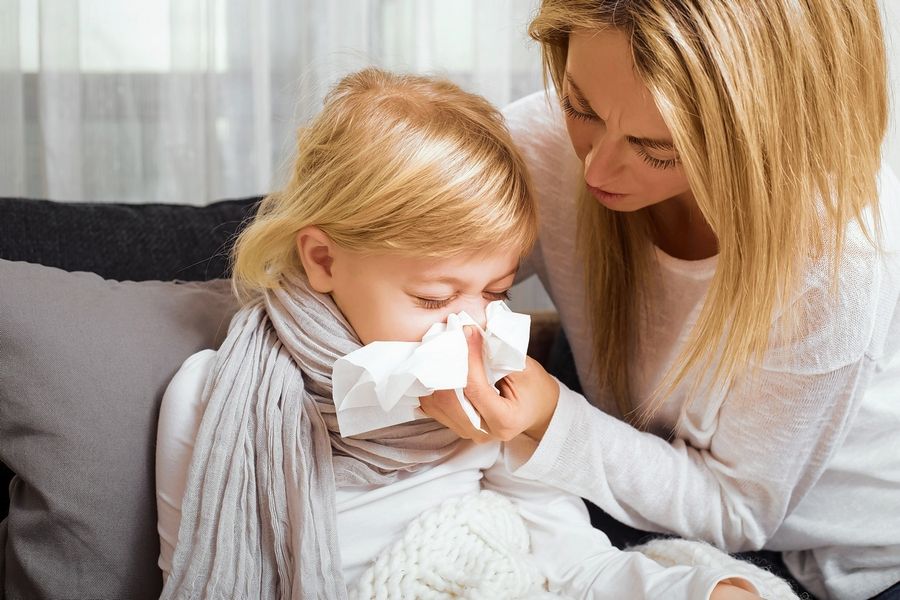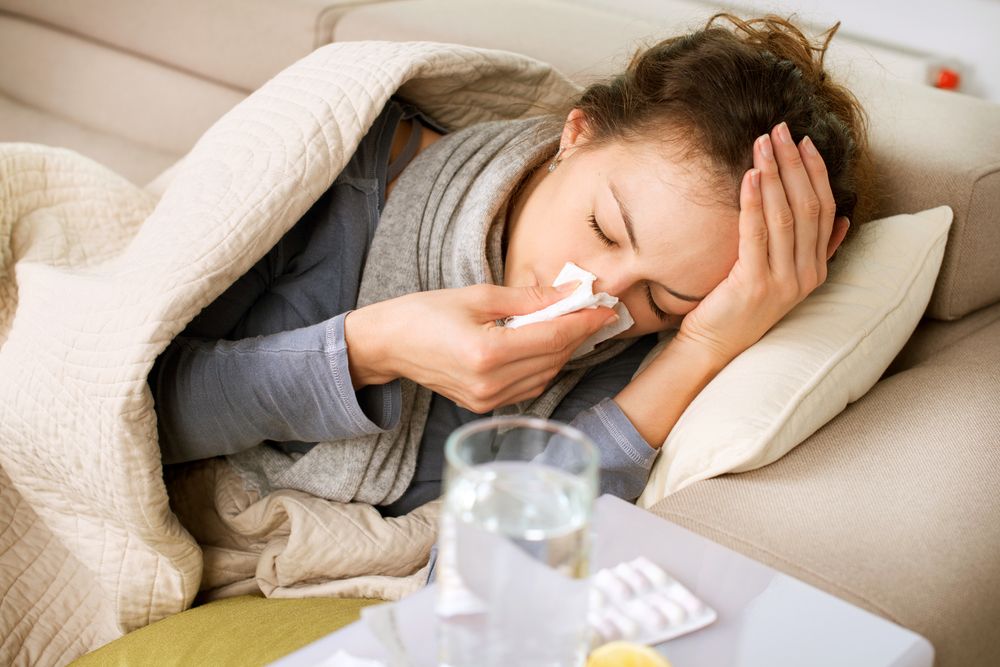Sinus problems in winter symptoms and treatment

How to prevent sinusitis in winter, sinus problems in winter, Winter sinus symptoms, Winter sinusitis treatment, How to treat cold air-induced rhinitis, Symptoms of dry sinuses, Does cold air make sinus infection worse, Dry sinus infection without mucus, How to treat dry sinuses
Why Sinus Problems Are Worse in the Winter – sinus problems in winter
Sinus issues, or sinusitis, are a common problem, affecting around 37 million people in the U.S. each year. While many people associate sinus problems with spring due to pollen and changing weather, the winter months can actually make sinus problems even worse.
Sinusitis Symptoms & Triggers
Sinusitis can feel like a bad cold. People often experience symptoms like a stuffy or runny nose, sore throat, postnasal drip, loss of taste and smell, headaches, fever, and fatigue. There can also be facial pain, pressure, and bad breath.
Sinusitis is usually caused by a cold or allergies, but other factors like nasal polyps, a deviated septum, facial injuries, immune system issues, or even tumors can also trigger it.
For many, sinus problems last longer than just a couple of weeks. In fact, some people struggle with sinus issues year-round, and winter often makes them worse.
Why Are Sinus Problems Worse in Winter?
Several factors can make sinus problems in winter worse:
Dry Air: In winter, the air is often drier, which can dry out the mucus in your nose and thicken it. This increases the risk of congestion and infection. Using a humidifier can help keep the air moist and your nasal passages from drying out.
Humidity: In some places, winter brings wet weather, with frequent storms that cause pressure changes. These changes can cause pain and pressure in your sinuses. Over-the-counter medications and nasal sprays can help relieve these symptoms.
Dust: When it’s cold outside, we tend to use blankets and sheets that have been stored away for months. These can collect dust, which is a common trigger for sinus problems. Be sure to wash and dry your bedding before use, and keep pets off the bed, as pet dander can also cause issues.
Animal Dander: Pets are great companions, but their dander can worsen sinus symptoms. Keeping pets off furniture and bedding, and vacuuming frequently, can help reduce dander buildup.
Does intelligence really decrease with age? What Research says?

Indoor Heating: Electric heaters and fireplaces, common during the winter, can dry out the air and irritate the nasal passages. Using a HEPA air filter and airing out your home can help improve air quality.
Food: The rich foods often associated with the holidays can trigger inflammation in the body. Dairy, sugar, and alcohol are common culprits. Eating in moderation, along with plenty of fruits and vegetables, can help reduce inflammation and keep you healthy.
Viruses: Winter is also the peak season for cold and flu viruses. These can infect the nasal passages, causing inflammation and congestion that can lead to sinus infections. To reduce the risk of getting sick, wash your hands regularly, get plenty of rest, eat a balanced diet, and cover your nose and mouth when sneezing or coughing.
For more advice on managing Sinus problems in winter, it’s always a good idea to consult with a local ENT specialist.

